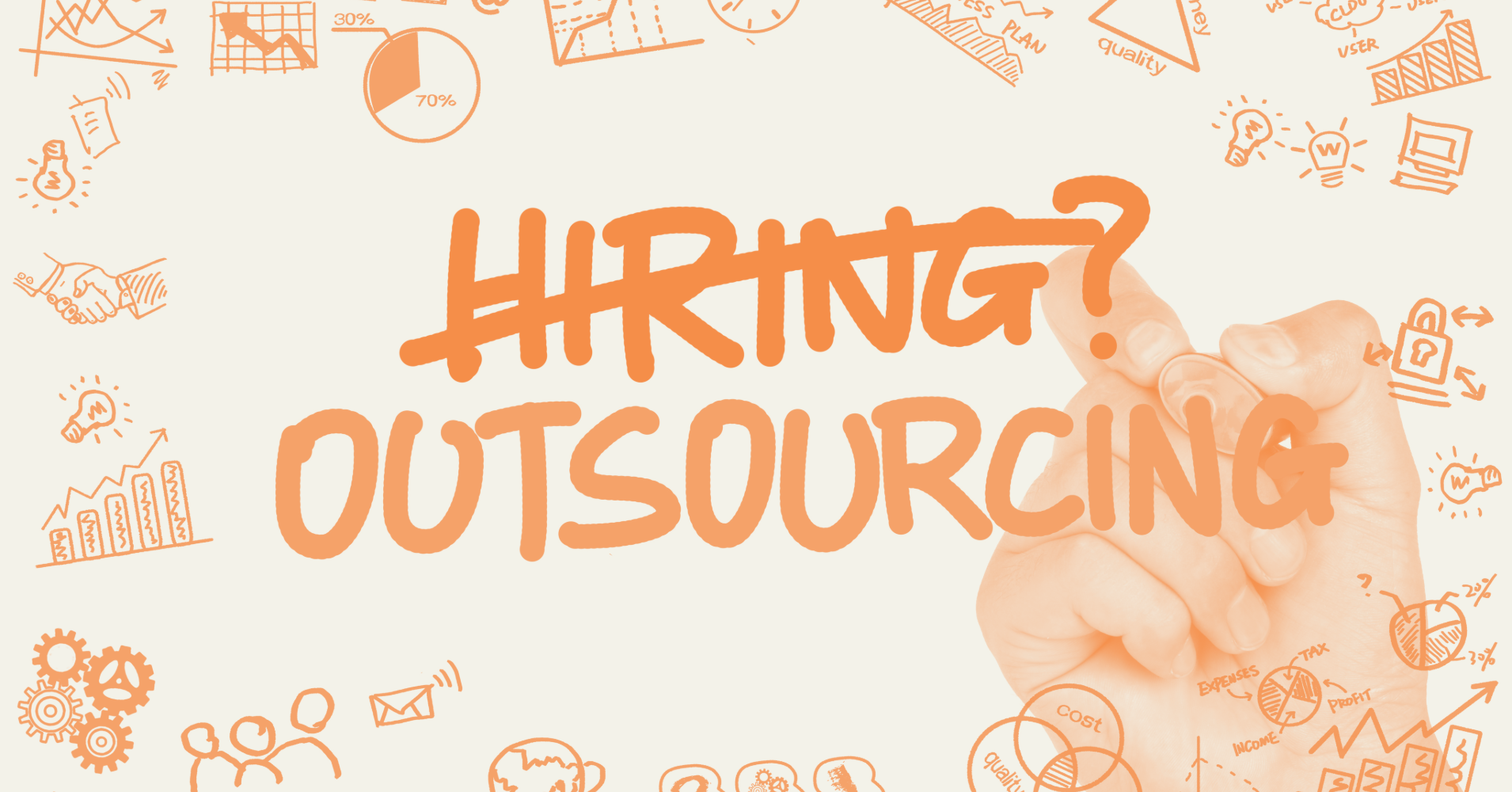Expanding Your Business into Thailand: Leveraging an Employer of Record (EOR) for Seamless Market Entry

Expanding your business operations into Thailand presents a wealth of opportunities, from accessing a diverse talent pool to tapping into a dynamic market. However, navigating the complexities of Thai labor laws, tax regulations, and employment practices can be challenging. This is where an Employer of Record (EOR) becomes invaluable. An EOR serves as the legal employer for your workforce in Thailand, managing all employment-related responsibilities while you retain control over daily operations. This comprehensive guide delves into the intricacies of utilizing an EOR in Thailand, offering SEO-optimized insights to enhance your understanding and facilitate a seamless expansion.
Understanding the Employer of Record (EOR) Model
An Employer of Record is a third-party organization that assumes the legal responsibilities of employing staff on behalf of another company. This includes managing payroll, taxes, benefits, and ensuring compliance with local labor laws. While the EOR handles these administrative and legal aspects, your company directs the employees’ day-to-day activities. This arrangement is particularly beneficial for companies looking to hire employees in Thailand without establishing a local corporate entity. 
Key Benefits of Using an EOR in Thailand
- Regulatory Compliance: Thai labor laws are detailed and favor employees, covering aspects such as working hours, leave entitlements, and termination procedures. An EOR ensures adherence to these regulations, mitigating legal risks. 
- Cost and Time Efficiency: Establishing a legal entity in Thailand can be time-consuming and costly. Partnering with an EOR allows for rapid market entry without the overhead of setting up a subsidiary. 
- Streamlined Payroll and Taxation: Managing payroll and understanding the Thai tax system can be complex. An EOR handles payroll processing, tax withholding, and benefits administration, ensuring accuracy and compliance. 
- Focus on Core Business Activities: By outsourcing employment-related administrative functions, your company can concentrate on strategic initiatives and core business operations. 
Navigating Thai Labor Laws with an EOR
Thailand’s labor laws are comprehensive, addressing various aspects of employment to protect workers’ rights. Key considerations include:
- Working Hours: Standard working hours are eight per day, with a maximum of 48 hours per week. For hazardous work, the limit is seven hours per day and 42 hours per week.
- Rest Periods: Employees are entitled to at least one hour of rest after five consecutive hours of work and a minimum of one rest day per week.
- Leave Entitlements.
- Annual Leave: After one year of service, employees are entitled to at least six days of paid annual leave.
- Sick Leave: Employees are entitled to up to 30 days of paid sick leave per year.
- Maternity Leave: Female employees are entitled to 98 days of maternity leave, with 45 days paid by the employer.
- An EOR stays abreast of these regulations, ensuring that your employment practices are compliant and up-to-date.
The EOR Onboarding Process in Thailand
Partnering with an EOR in Thailand typically involves the following steps:
- Needs Assessment: Evaluate your business requirements, including the number of employees, roles, and duration of employment.
- EOR Selection: Choose an EOR with a strong local presence and expertise in Thai labor laws. 
- Contractual Agreement: Establish a service agreement outlining the responsibilities of both parties, including terms of employment, compensation, and benefits.
- Employee Onboarding: The EOR manages the recruitment, documentation, and induction processes, ensuring a smooth transition for your new hires.
- Ongoing Management: The EOR handles payroll, benefits administration, compliance monitoring, and any HR issues that may arise.
Selecting the Right EOR Partner
When choosing an EOR in Thailand, consider the following factors:
- Local Expertise: Ensure the EOR has a deep understanding of Thai labor laws and cultural nuances.
- Service Scope: Confirm that the EOR offers comprehensive services, including payroll management, tax compliance, and employee benefits administration.
- Reputation and Reliability: Research client testimonials and case studies to assess the EOR’s track record.
- Cost Structure: Understand the pricing model and ensure it aligns with your budget constraints
Expanding into Thailand offers significant growth potential, and partnering with an Employer of Record can simplify the complexities associated with international employment. By managing legal compliance, payroll, and administrative tasks, an EOR enables your company to focus on strategic objectives and operational success. Careful selection of a reputable EOR partner will ensure a smooth and compliant expansion into the Thai market.
For more information on how an Employer of Record can facilitate your expansion into Thailand, contact us today.
.png?width=220&height=70&name=THAi%20CO%20Consultants%20Main%20Logo%20(5).png)

.png?width=200&height=200&name=Untitled%20design%20(1).png)
.png?width=50&height=50&name=image%20(18).png)


